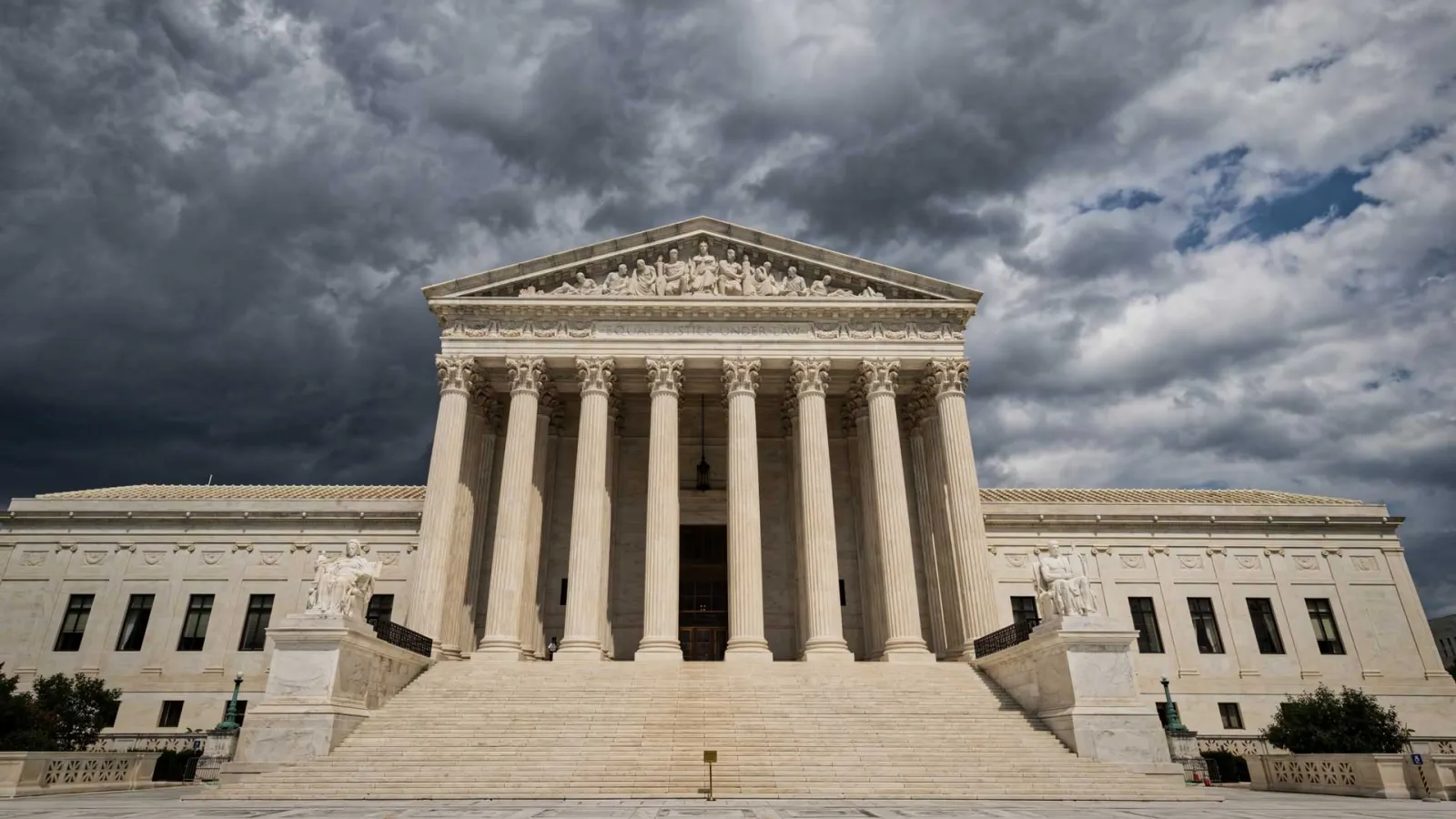Key Takeaways
- As the Court has become more conservative in recent years, a greater number of its decisions have negatively impacted public schools, a cornerstone of our democracy.
- Educator unions are among the many groups advocating for reforms and demanding a Court that will protect public education as well as voting rights, civil rights, and labor rights.
- NEA frequently participates in Supreme Court litigation, often as amicus curiae or a “friend of the court.” In these cases, NEA is not a party to an action but has an interest in the case and submits a brief to the Court to influence the Court’s decision. Such briefs are called “amicus briefs.”
When the Supreme Court of the United States issued its decision in Brown v. Board of Education on May 17, 1954, it forever changed our education system. The legal segregation of public schools was over.
Though we are still working to fulfill the promise of Brown v. Board—by, for example, fighting backlash policies known to worsen school segregation such as voucher schemes—the Brown decision was, without question, an enormous leap forward.
While the significance of that decision is generally understood, many people don’t realize that the Supreme Court issues decisions nearly every year that impact public education in some way.
Grading the Supreme Court
In our system of government, the Supreme Court is the ultimate guardian of our rights and freedoms. Some of the Court’s key decisions over the years have moved us further toward our shared vision of great public schools for every student. But other decisions are a setback to progress.
As the Court has become more conservative in recent years, a greater number of its decisions have negatively impacted public schools, a cornerstone of our democracy.
In its ruling in Carson v. Makin (2022), for example, the Court undermined public education by nullifying state constitutional protections against aid to religious schools. And in 2018, it attempted to weaken labor unions by reversing decades of precedent to bar unions from charging non-members for the costs of union representation in Janus v. AFSCME (2018).
Using a “pass-fail” grading system, NEA evaluated key Supreme Court decisions that affect public schools. Sadly, the Court’s string of “fails” over the past decade threatens the progress we’ve made to advance equity in public education:
Key Supreme Court Decisions Affecting Public Education
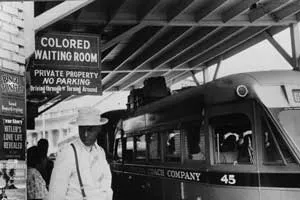
Plessy v. Ferguson, 1896
Tennessee v. Scopes, 1925
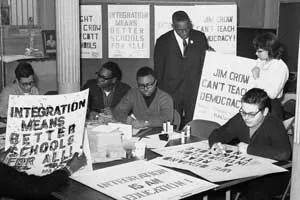
Brown v. Board of Education of Topeka, 1954

Tinker v. Des Moines, 1969
Lemon v. Kurtzman, 1971
San Antonio Independent School District v. Rodriguez, 1973
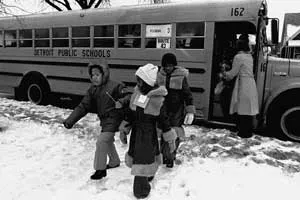
Milliken v. Bradley, 1974

Cleveland Board of Education v. LaFleur, 1974
Plyler v. Doe, 1982
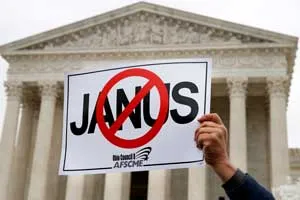
Janus v. AFSCME, 2018
Carson v. Makin, 2022
Yeshiva University v. YU Pride Alliance, 2022
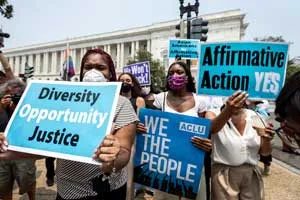
Students for Fair Admissions, Inc. v. President and Fellows of Harvard College and Students for Fair Admissions, Inc. v. University of North Carolina, 2023
St. Isidore of Seville Catholic Virtual School v. Drummond/Oklahoma Statewide Charter School Board v. Drummond, 2025
Mahmoud v. Taylor, 2025
On the Path Toward Justice
Educators are united in their belief that every student deserves the opportunity to get a great education in a welcoming and well-resourced public school. Providing that education requires strong support from every level of government—local, state, and federal—and every branch of government—executive, legislative, and judicial.
But today we face a conservative supermajority in the Supreme Court, with six of the nine justices leaning very conservative. This imbalance is by design.
Educator unions are among the many groups advocating for reforms and demanding a Court that will protect public education as well as voting rights, civil rights, and labor rights.
For decades, the ultraconservative right has sought to control our federal courts. The Trump administration and Senate Republicans have been highly effective in packing the federal courts with conservative justices and ramming through conservative Supreme Court nominees to advance their agenda.
Educator unions are among the many groups advocating for reforms and demanding a Court that will protect public education as well as voting rights, civil rights, and labor rights.
Expansion of the federal judiciary, including the Supreme Court, during the Trump Administration would likely lead to a judiciary packed with ultraconservative judges, whose lifetime appointments would have devastating impacts on our nation’s hard-fought progress. However, NEA’s efforts to implement ethics reform at the Supreme Court are ongoing.
What is NEA’s role in Supreme Court cases?
NEA frequently participates in Supreme Court litigation, often as amicus curiae or a “friend of the court.” In these cases, NEA is not a party to an action but has an interest in the case and submits a brief to the Court to influence the Court’s decision. Such briefs are called “amicus briefs.”
NEA has been a longstanding and outspoken supporter of race-conscious college admissions policies. NEA filed an amicus brief in support of such policies in Regents of Univ. of California v. Bakke, 438 U.S. 265 (1978), and has done so in every other related Supreme Court case since, unlike several other unions that either remained silent or opposed race-conscious admissions policies.
This year, the National Education Association filed an amicus brief with the U.S. Supreme Court in Mahmoud v. Taylor. The brief argued that the advance notice, opt-out procedures, and alternative learning arrangements at issue would impede efforts to provide students with a full, engaging, and inclusive education.

Education News Relevant to You
Get more from


